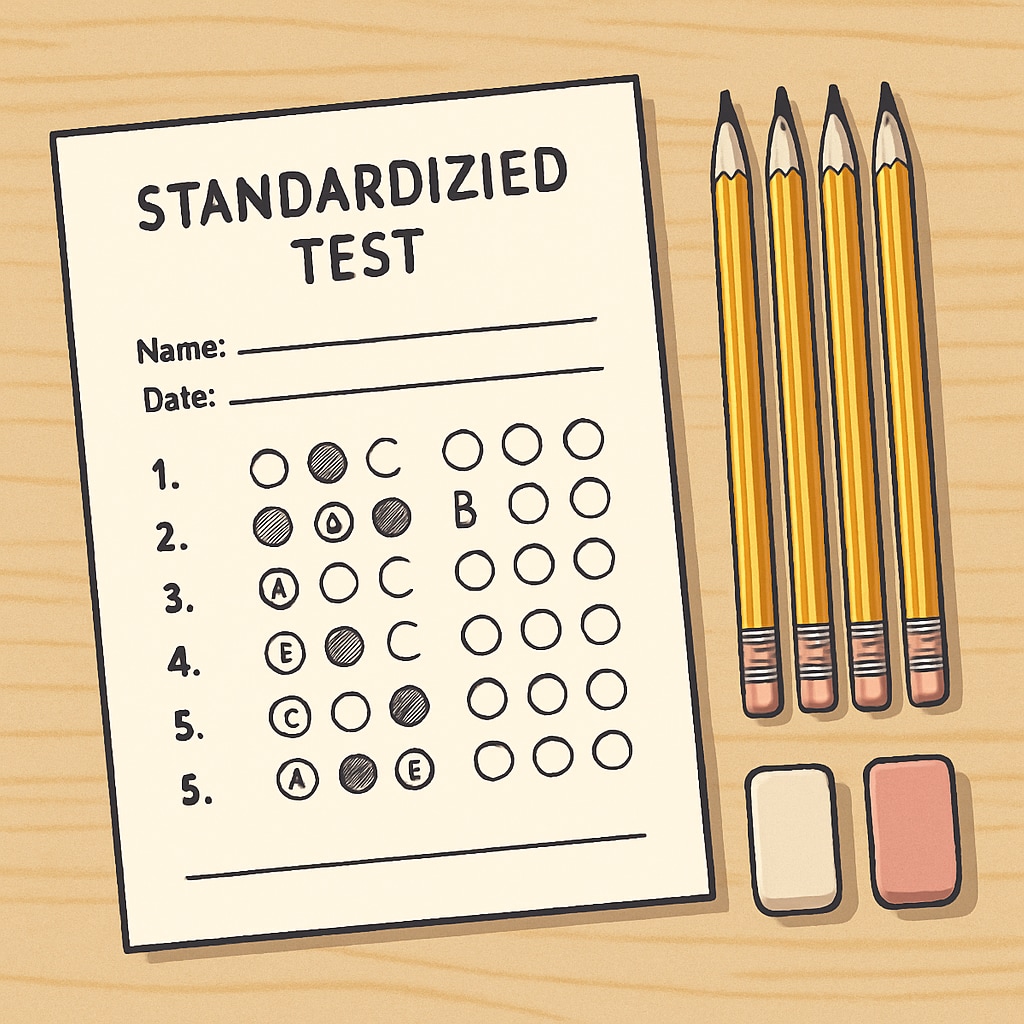Standardized testing, often the primary tool for identifying students for gifted programs, inadvertently excludes high-potential learners such as those with ADHD (Attention-Deficit/Hyperactivity Disorder). This issue has sparked growing concerns in the education community about the limitations of traditional methods in recognizing diverse intellectual abilities. ADHD students, despite their unique strengths and high potential, often struggle to meet rigid criteria set by standardized tests, leading to their exclusion from programs designed for advanced learners.

The Hidden Potential of ADHD Students
ADHD is often misunderstood as a purely disruptive condition. However, many students with ADHD demonstrate extraordinary creativity, problem-solving skills, and out-of-the-box thinking. These traits are invaluable in advanced learning environments, yet they often go unnoticed because standardized tests prioritize focus and conformity over innovation and individual thought.
For example, consider the case of a young boy named Alex (name changed for privacy). Alex excelled in conceptual thinking and showed remarkable talent in science experiments. However, his difficulty in concentrating during exams led to low standardized test scores, disqualifying him from his school’s gifted program. This scenario highlights a recurring issue: standardized tests fail to capture the diverse ways intelligence can manifest.
Why Standardized Testing Falls Short
Standardized testing relies on fixed metrics such as timed responses, rote memorization, and structured problem-solving. While these metrics are designed to objectively measure academic ability, they often penalize students who think differently or learn in non-linear ways. ADHD students, who may excel in areas like creativity or abstract reasoning, are at a disadvantage when evaluated solely through these traditional methods.
Research supports this concern: according to a study published on Britannica, standardized tests often fail to measure multidimensional intelligence. Moreover, ADHD students may experience heightened test anxiety, further skewing results. As a result, many high-ability learners are excluded from opportunities to thrive in gifted programs.

Alternative Evaluation Methods
To address these gaps, educators and policymakers need to adopt more inclusive evaluation strategies. Here are some alternative methods that could help identify gifted ADHD students:
- Performance-Based Assessments: These assessments focus on practical tasks, such as solving real-world problems or creating innovative projects, which allow ADHD students to showcase their strengths.
- Teacher and Peer Recommendations: Input from educators and classmates can provide valuable insights into a student’s unique abilities and potential.
- Behavioral and Emotional Screening: Assessments that evaluate creativity, perseverance, and emotional intelligence can offer a broader perspective of a student’s capabilities.
These methods, when combined with traditional tests, create a more balanced approach to identifying gifted students. For example, Finland’s education system, renowned for its inclusivity, incorporates diverse assessment techniques that celebrate individual strengths. More information on this approach can be found on Wikipedia’s page on Finland’s education system.
Call to Action: Reforming Gifted Program Selection
Recognizing and nurturing diverse talents requires systemic change. Schools and educational institutions must rethink their reliance on standardized testing and embrace more holistic evaluation frameworks. ADHD students—and others with unconventional learning styles—deserve equal access to opportunities that align with their strengths and interests.
Parents, educators, and policymakers can advocate for:
- Professional development for teachers to understand ADHD and other neurodiverse conditions.
- Funding research into alternative assessment methods.
- Creating pilot programs that prioritize inclusivity in gifted education.
As society progresses, it is crucial to redefine intelligence and ability in ways that honor the uniqueness of every learner. Only then can gifted programs truly fulfill their mission of fostering excellence and innovation.


